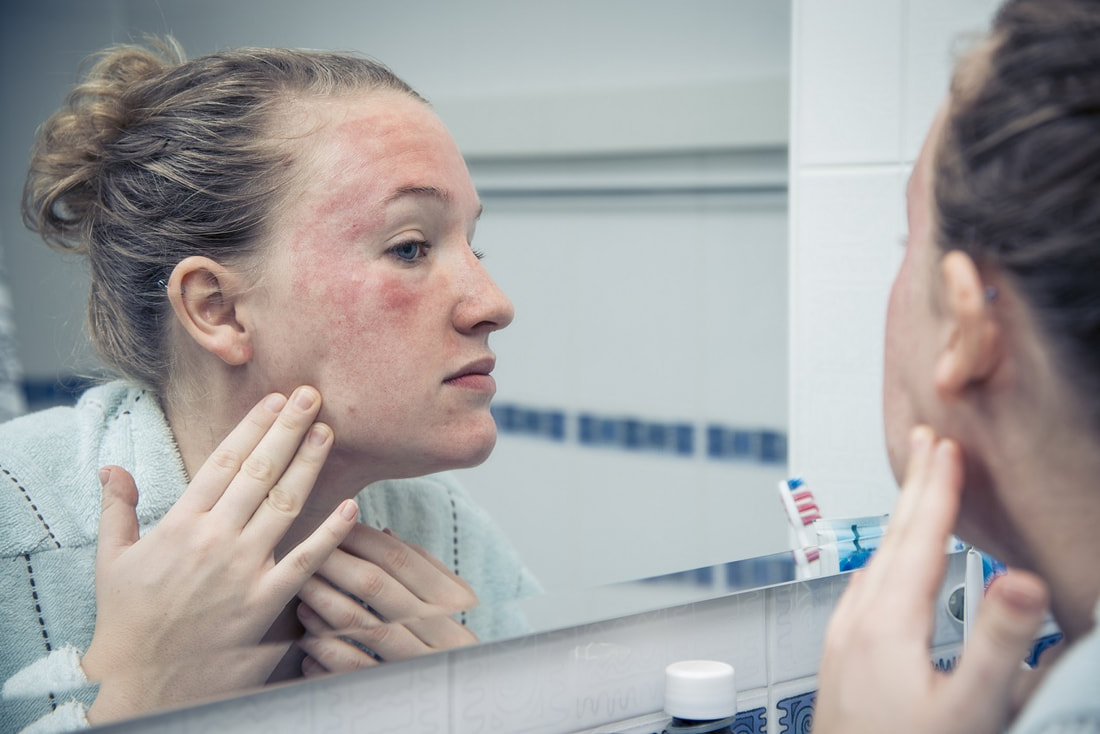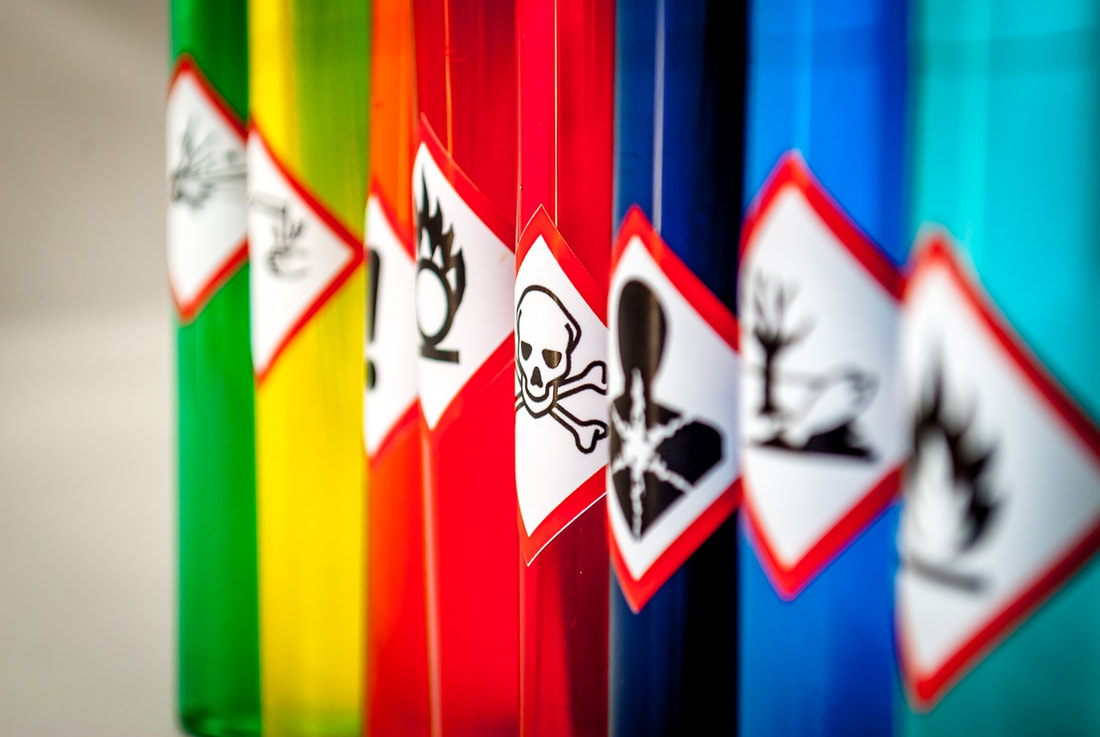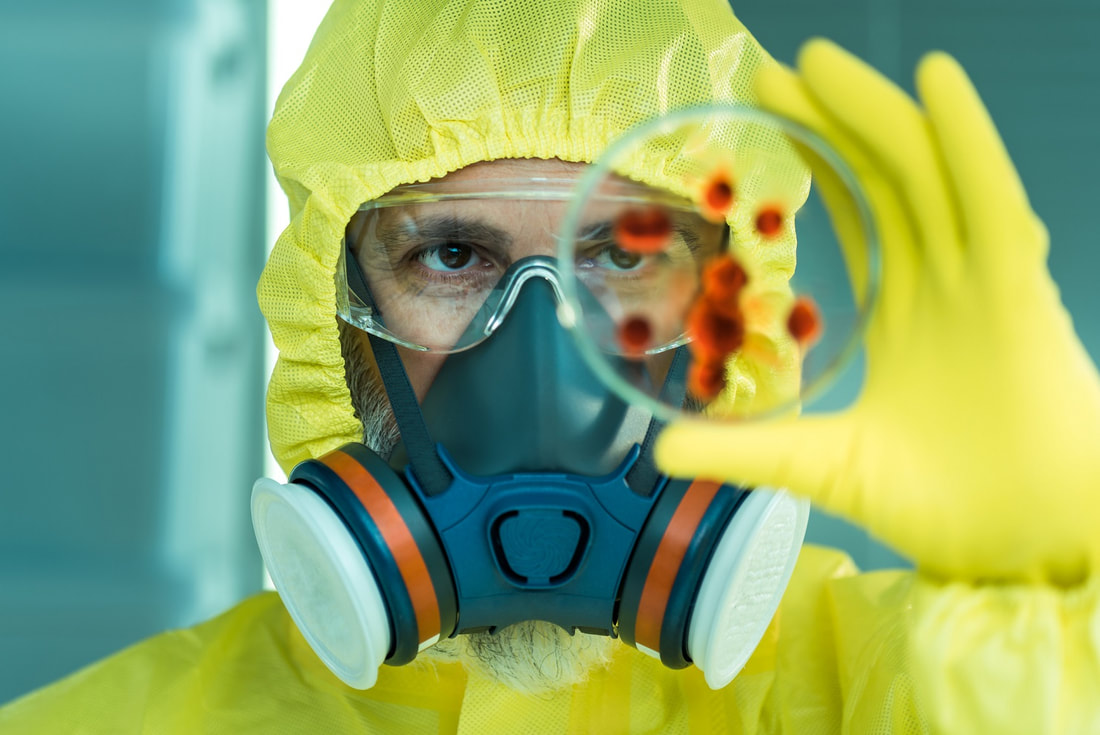WE are constantly exposed to toxins in our everyday lives. Toxicity refers to the degree to which a substance can harm our bodies. “The effects of a toxin are dose-dependent and specific to the person. These effects can vary from headache, nausea to more severe symptoms like shocks, coma and death.”, said Dr Nawin Jittat, a physician at Vitallife Wellness Center, Bumrungrad International Hospital.
| Toxicity is generally described in three types based on the number of exposures to a poison and the time it takes for the symptoms to develop, which are acute toxicity, sub-chronic toxicity and chronic toxicity. Acute toxicity refers to the adverse effects through short-term exposure.Chronic toxicity is caused by long term, repeated or continuous exposure to a poison that affects our bodies over an extended lifetime period. Sub-chronic toxicity describes the harmful effects for more than one year. Most toxic effects do not cause permanent damage and are treatable, but recovery generally takes a long time. However, there are some toxins that can cause permanent damage. There are no specific symptoms to toxicity. Generally, people who are suffering from symptoms like chronic headache, skin allergies, food allergies will not realize that those symptoms can be caused by toxins and do not mention the poison exposure to their physicians. |
| Here are some examples of signs and symptoms of a toxicity.
The treatment for toxicity is to identify the level of toxins in your body and how well your body can combat them. There are no specific symptoms or medications for toxicity. The cure involves detoxification and personalized lifestyle medicine. |
| The liver is the body's largest internal organ responsible for numerous chemical actions that the body needs to survive. Liver cells produce proteins that are required by other bodily functions and act as a storage unit for vitamins and chemicals such as vitamin A, D K, B12, folic acid and iron. Liver also produces cholesterol, triglycerides and bile that is vital for food digestion and regulates the composition of blood and amount of nutrients that enter the bloodstream. The liver has a crucial role in processing toxins, including alcohol and medications by breaking down and detoxifying toxins in the body. Dr Nawin recommends a liver detoxify check-up to track your liver’s health and treatment to slow down the liver damage can be done via personalized lifestyle medicine. |
Toxin and children
We are constantly exposed to toxins in our everyday lives, children and infants are especially exposed to more chemicals due to their size both in terms of exposure and speed. They are more vulnerable because vital organs are still developing and incapable to fully detoxify.
Toxins have the adverse health effects and potential to cause disease, more importantly, brain development in children. Researchers found that children who are affected by toxicity suffer reduced attention span, delayed development, poor school performance and risk of autism.
The signs that parents need to look out for children that may be caused by toxicity are nausea, dizziness, skin irritation and breakouts, sweating, headache, difficulties in breathing and unexplained pain. Parents needs to seek medical attention immediately.
We are constantly exposed to toxins in our everyday lives, children and infants are especially exposed to more chemicals due to their size both in terms of exposure and speed. They are more vulnerable because vital organs are still developing and incapable to fully detoxify.
Toxins have the adverse health effects and potential to cause disease, more importantly, brain development in children. Researchers found that children who are affected by toxicity suffer reduced attention span, delayed development, poor school performance and risk of autism.
The signs that parents need to look out for children that may be caused by toxicity are nausea, dizziness, skin irritation and breakouts, sweating, headache, difficulties in breathing and unexplained pain. Parents needs to seek medical attention immediately.
Toxicity and Pregnancy
Reproductive toxicity refers to the adverse effects of chemicals on sexual function and fertility in adult males and females.
Most research and studies focus on the occupational or environmental hazards of chemical exposure, including alcohol consumption and smoking. The most commonly found chemicals is Bisphenol A (BPA), which is used in the production of various plastic products.
The development of the offspring can be influenced by the chemicals effects in the mother. Research shows that there are more than 200 toxins found in the newborn’s umbilical cord.
Below are a few examples of chemicals with strong connection to neurodevelopment in children.
www.vitallifeintegratedhealth.com
Reproductive toxicity refers to the adverse effects of chemicals on sexual function and fertility in adult males and females.
Most research and studies focus on the occupational or environmental hazards of chemical exposure, including alcohol consumption and smoking. The most commonly found chemicals is Bisphenol A (BPA), which is used in the production of various plastic products.
The development of the offspring can be influenced by the chemicals effects in the mother. Research shows that there are more than 200 toxins found in the newborn’s umbilical cord.
Below are a few examples of chemicals with strong connection to neurodevelopment in children.
- Chlorpyrifos and DDT (pesticides), causes abnormalities in brain structure and development problems and recently linked to Alzheimer’s disease.
- Lead is linked to serious deficits, including permanent low IQ.
- Methylmercury, according to the WHO, affecting the neurological development of the fetus, exposure often comes from mother’s consumption of fish containing high level of mercury.
- Polychlorinated biphenyls (PCBs), particularly found in fish and can be passed along in breast milk, associated with memory and cognitive function.
www.vitallifeintegratedhealth.com








 RSS Feed
RSS Feed
















